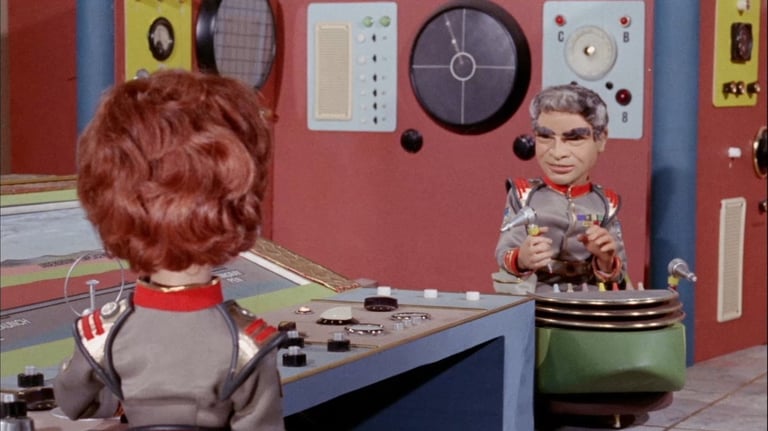Check out our new courses for 2026!
Chekhov's Gun
Following a visit to the theatre, Adrian ponders the use of trigger warnings and the power of theatre to move us.
Adrian Jackson
3/11/2025


There is a well-known dramaturgical nostrum called Chekhov’s gun – do not introduce a gun into a play unless you intend to have it go off. This came up, (in a linguistically pleasing fashion) in a Facebook conversation about Trigger Warnings, which I triggered after seeing The Years in the West End the other night, a production which on a nightly basis, during the depiction of an abortion, apparently causes two or more audience members to faint. Chekhov’s gun is of course illustrating something different about theatre – the fact that we are all natural dramaturgs and at some level ‘want’ every arc to be completed; a gun must result in a shot (and probably a death). But there is a connection to trigger warnings – the awareness that we naturally associate one thing with another, especially in story-telling of any kind, and we cannot stop these connections happening. Trigger warnings are supposed to prepare us for possible connections we may make – though, as with the gunshot which makes us jump even if we know it is coming at some point, there is only so much that preparation can help.
Back to the Years, briefly. Some theorise that the happenings in the audience are rigged to increase newsworthiness and ticket sales, while others say some of these fainting’s are performed as anti-abortion protests. The experiences I witnessed looked real and spontaneous. Anecdotally, men are the fainters as much as or possibly more than women – which would suggest what? Perhaps that it is the thought of an event as much as a physical memory of the event that affects us. Obviously, the vast majority of men will not have had an abortion themselves – but, equally obviously, the story of most abortions will have involved men in some way. Perhaps a male lack of imagination is at play here, a void which the theatrical representation of the event fills? It would be interesting to see some interviews with the people so strongly affected by this drama, which is, whatever its causes, a testament to the power of theatre to affect us, mind, body and soul.
However you cut it, this phenomenon is a tribute to the power of theatre to disturb. In a way, we theatre folk should be glad that the live event is still so significant – in the same way as we may be delighted that a drama about the post office scandal creates real waves and real change in the public arena, in a manner that simple news reporting of that injustice had failed to do before. Drama reaches the parts other forms cannot always reach (as per the famous Heineken ad).
In theatre workshops, particularly those like Rainbow of Desires that deliberately invite participants to revisit difficult times in their lives, there is clearly a limit to how much one can warn. I am old enough to remember the glorious opening of the TV series Stingray – ‘anything can happen in the next half hour’; its here, do look, it’s a joy and perhaps should be shown at the start of all workshops .
More seriously, we do need to be utterly respectful about the power of theatre to move us. And it remains an ongoing challenge to try to ensure the most supportive environment possible will be created for people who might experience tears or joy or grief or whatever in a workshop. In Boal’s Rainbow work, the important thing is to build the techniques carefully, so that people can have a sense of what they are getting into. Then, when they volunteer to tell and enact their story, it should be a sign that they actually desire the intensity of the experience, as part of the cathartic process, as with others they have witnessed during a workshop. The other vital thing is to continually check in with protagonists during a technique and ask them if they want to stop, was that enough, was that as much as they wanted; actually, in my experience, it is pretty rare that people do want to stop, however tearful they might be – it feels like they want to push themselves through, in an instinctive awareness that the endurance of the whole will help them heal after.
Go and see the Years if you can, in any case. Or perhaps even better, read the book – its an extraordinary account of a French woman’s observations of the world and herself over 70 years. I wonder what Annie Ernaux would have told us if she had taken it up to the bizarre times we are living now.


